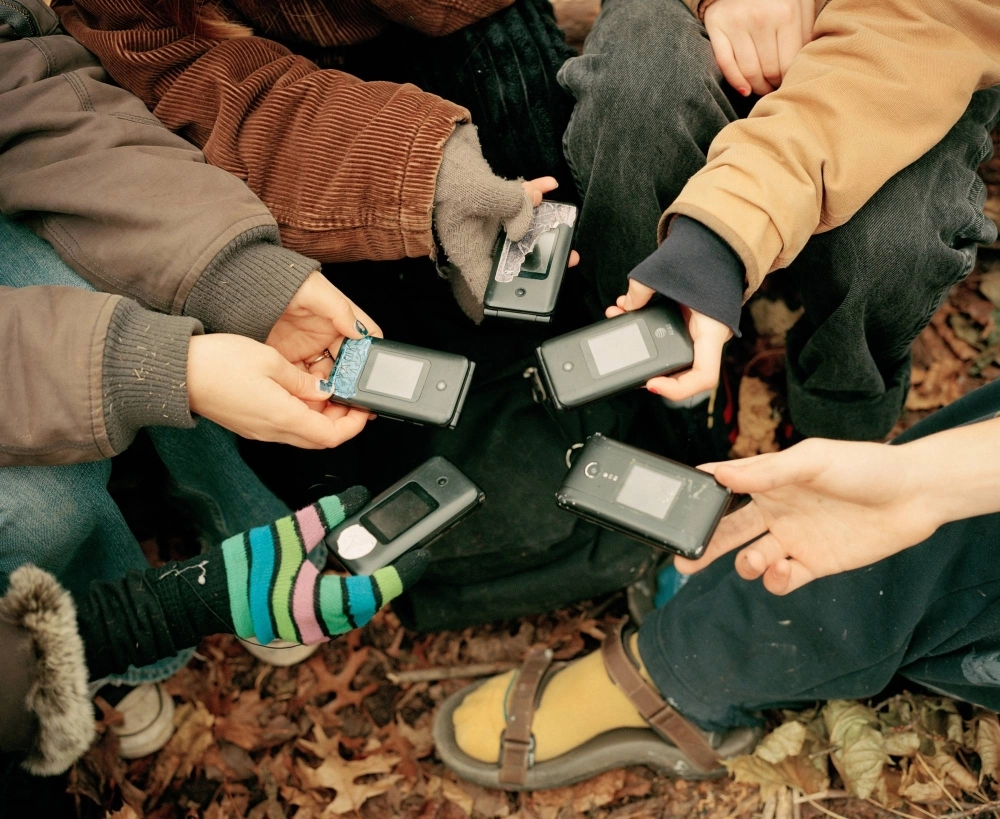I was addicted to my smartphone. At first, I was not even that interested in getting one but because everyone around me was using them, I felt I had no choice. I was 19 at the time.
Gradually, I became more and more dependent on my phone. I would look at it whenever I could, checking social media constantly, worrying that I had missed something important posted on my feeds. I hated having even the slightest bit of free time, so whenever I had nothing to do, I would browse absentmindedly, endlessly scrolling, whether I was on the train, in the bath, or on the toilet. Even during class. But that was normal, everyone was doing it.
However, my mental health was starting to deteriorate. I felt restless and irritated, struggled to enjoy offline pleasures and, even when I was tired and did not want to look at my phone, I could not stop myself.

















With your current subscription plan you can comment on stories. However, before writing your first comment, please create a display name in the Profile section of your subscriber account page.